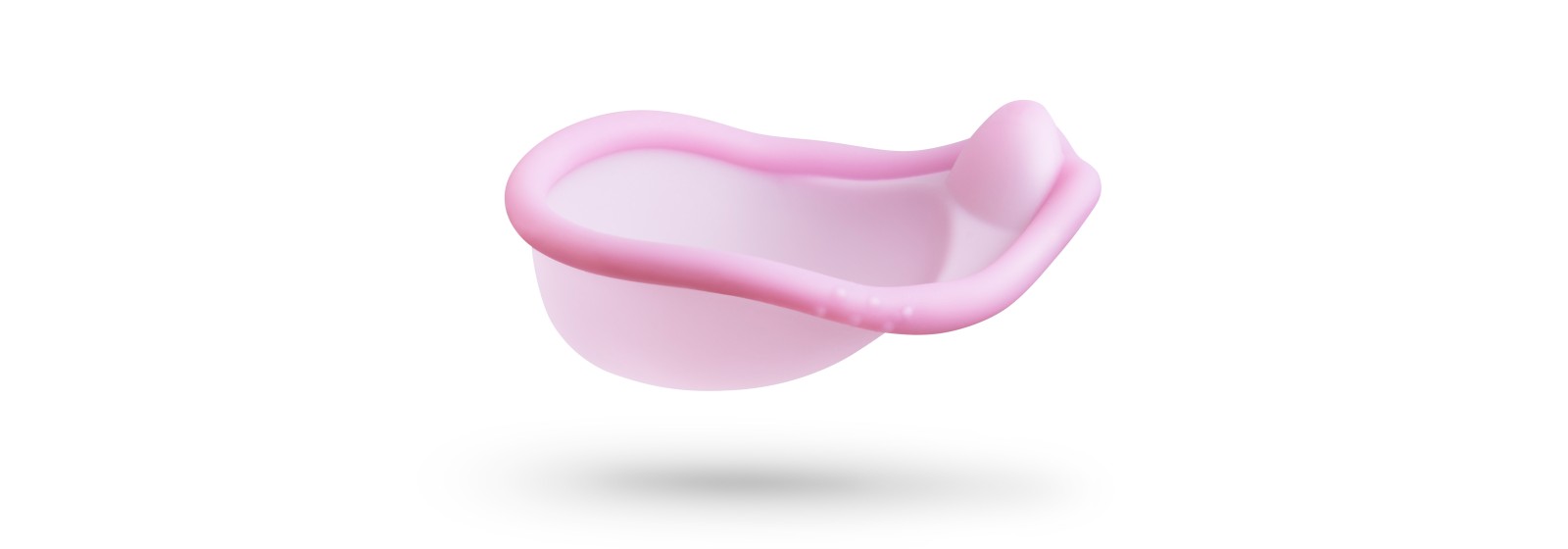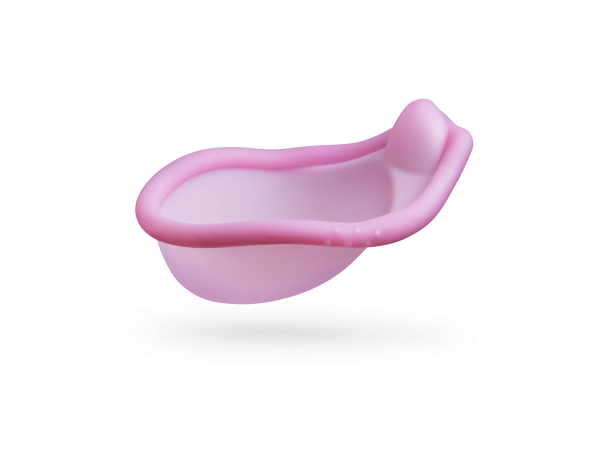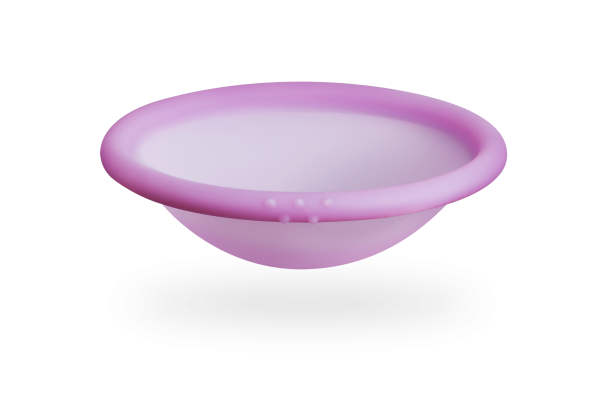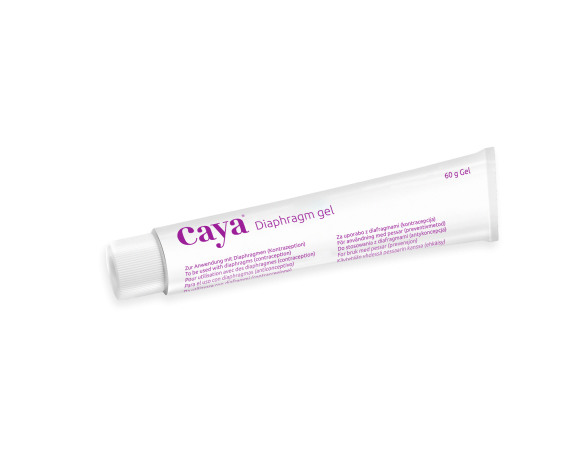An important decision
Choosing the right contraceptive method is of great importance to more and more women. While hormonal contraceptives such as the pill or hormonal IUDs are still widely used, more and more women are deciding to either switch to hormone-free contraception (keyword: pill fatigue) or not allow hormones to enter their bodies for contraception in the first place.
In this blog article, we look at the benefits of hormone-free contraception in general and explain why the diaphragm is a safe, modern option.
No hormonal side effects
Hormonal contraceptives can have various side effects, including mood swings, weight gain, headaches and nausea, to name but a few. One of the main advantages of hormone-free contraception, however, is that these unwanted side effects do not occur in the first place.
The diaphragm does not affect the woman's hormonal balance and allows her to maintain her natural cycle and get to know the characteristics of the individual cycle phases.

Natural conception regulation
The diaphragm offers a natural way of regulating conception by acting as a physical barrier to prevent sperm from entering the uterus. Unlike hormonal methods that suppress ovulation, the diaphragm does not affect the natural cycle and allows women to better understand their body and pay attention to its signals.
Flexibility
The diaphragm offers women the flexibility to use it only when they need it. It is inserted before intercourse and remains in place for a few hours afterwards before being removed. It is also discreet and can be easily stored in a handbag or small box, so women can use it whenever they want.
Low cost
Compared to long-term hormonal contraceptive methods such as IUDs or implants, the diaphragm is less expensive. It is a one-time investment and can be used for several years with proper care. This makes it particularly attractive for women who are looking for a long-term contraceptive alternative.

No impact on fertility
Unlike some hormonal contraceptive methods, which continue to have an effect on the female cycle long after discontinuation, the diaphragm has no negative impact on fertility. As soon as it is no longer used, the woman's natural fertility is immediately restored.
Awareness and responsibility for your own body
Using a diaphragm requires a conscious awareness of one's own body and a better understanding of its anatomy and the female cycle itself. This may sound like tedious work to some, but it leads to a greater awareness of your own body and self-determined contraception
The user herself is responsible for using the diaphragm correctly to ensure reliable contraception. This means that the user has control over the use of the diaphragm and can decide for herself when and how it is used.
Overall, using a diaphragm encourages greater personal responsibility for contraception, as the woman takes an active role in its use and makes her own decisions. It is important that women are well informed about the correct use of the diaphragm to enable safe and responsible contraception.

Conclusion
Hormone-free contraception offers many advantages, including the avoidance of hormonal side effects, respect for the natural cycle and flexibility of use. The diaphragm is a safe and natural option that gives women back more control over their contraception and therefore their own bodies.
If you are looking for a hormone-free method that is both effective and flexible, the diaphragm may be the right choice for you. It is important to seek advice from a specialist doctor, midwife or Profamilia advice center before use to ensure that the diaphragm is suitable for you. Make a conscious and informed decision about the contraceptive method that best suits your lifestyle and needs.


